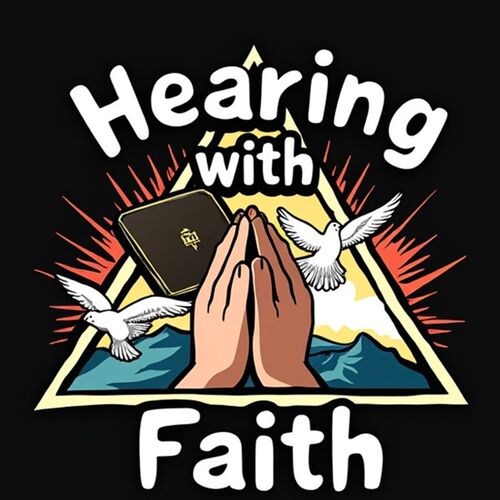
Job 35
Episode · 0 Play
Episode · 22:53 · Oct 25, 2024
About
Elihu addresses Job, questioning whether a man's righteousness can benefit God or whether a man's sin can harm Him. He asserts that Job's complaints against God, claiming that his righteousness has not been rewarded nor his sins punished, are misguided. Elihu argues that human actions do not affect God in a direct, personal way; God is above human moral dynamics.He then delves into the idea that when people cry out under oppression, God does not necessarily respond out of personal obligation or need. Instead, Elihu suggests that God's actions are based on His divine purpose, which transcends human understanding.Elihu uses the example of the oppressed who cry out but receive no immediate answer to illustrate that God's justice might not align with human timing or expectationsThe chapter emphasizes the vast difference between divine justice and human perception of fairness. God's justice is not swayed by human cries for justice but operates on a higher plane of wisdom and purpose.
22m 53s · Oct 25, 2024
© 2024 Spreaker (OG)